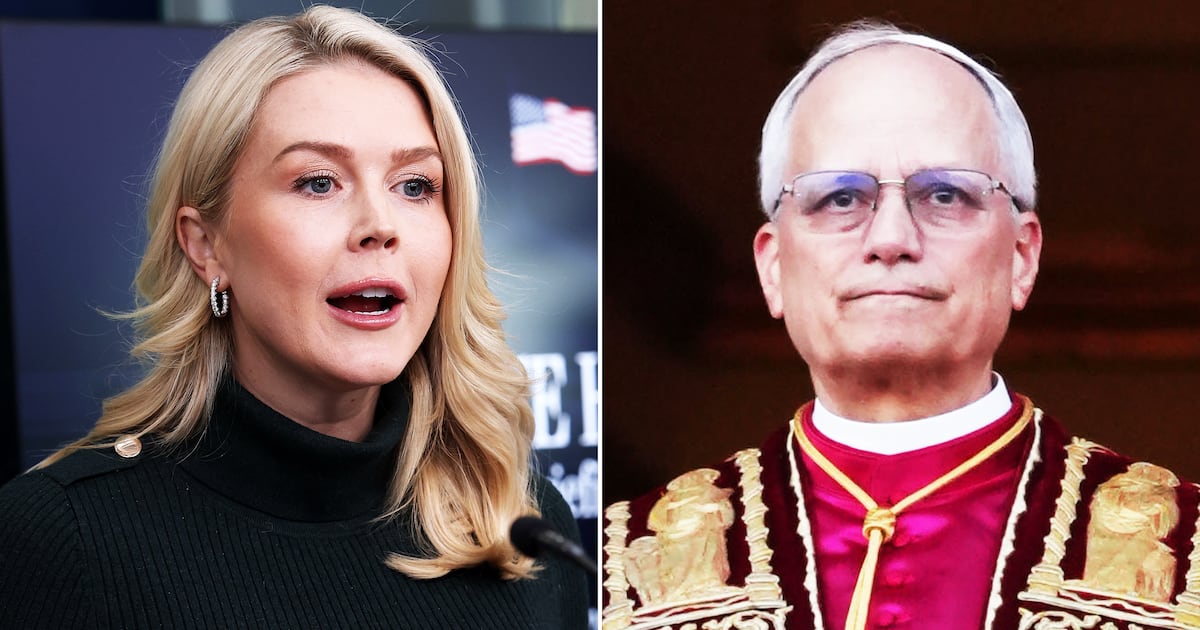Twenty years after its release, Lauryn Hill’s acclaimed solo debut still resonates with audiences. But its legacy consistently comes under scrutiny, and Lauryn herself has been a subject of controversy for the better part of 15 years. From scrutiny of her romances, criticism of her live performances, complaints from band members and collaborators, and a stint in prison for tax evasion, the public image of Lauryn Hill has taken a few hits in the two decades since she was heralded as the new voice of late-‘90s hip-hop.
At the time of its release, Miseducation put Lauryn squarely at the forefront of popular culture. The most charismatic and stardom-ready member of The Fugees, she’d been singled out even before the group hit pay dirt with their sophomore album The Score. Her talent and beauty made her the perfect voice and face for hip-hop culture as it was beginning to dominate the mainstream youth platforms of the ‘90s; she was a fierce lyricist and an emotive singer, and when she finally struck out on her own, the world was ready for her.
The album itself is a landmark of ‘90s soul music and hip-hop with splashes of reggae, pop and gospel throughout. Lauryn channeled heartache, industry frustration, new motherhood and the kind of clear-eyed idealism that usually is in abundance when you’re 23 into a potent creative statement that also became a commercial smash. Recorded between New York City and Jamaica as Lauryn was expecting her firstborn, Zion, it came on the heels of the breakout success of The Fugees—and Lauryn’s emergence as the beatific frontwoman of that trio, which included Wyclef Jean and Pras. Lauryn was one of the best emcees in hip-hop, but her soaring vocals carried Fugees hits like “Killing Me Softly” and “Ready Or Not” to the upper reaches of the charts, catapulting 1996’s The Score to multiplatinum status. But tensions with The Fugees—most famously a dysfunctional relationship between Hill and Jean—led to the group splintering.
In 1997, Wyclef released his debut album, The Carnival, to tremendous acclaim and sales. Jean was hailed as the songwriter/producer of the moment, a visionary who blended reggae/pop/hip-hop/R&B into the Fugees’ chart-busting sound. By all accounts, Hill was eager to make it clear that she wasn’t just a vessel for Wyclef’s creativity. With her own debut, she was going to put forth a compelling manifestation of who she was.
The Miseducation of Lauryn Hill would combine everything that Hill had done well as an emcee and vocalist in The Fugees, with a lush musical backdrop that put her in line with both the burgeoning neo-soul wave that was headed by artists like D’Angelo and Erykah Badu and a rising tide of earthy hip-hop artists like The Roots and Black Star, who seemed the progeny of Native Tongues-era bohemian eclecticism. Her spirituality was front and center throughout Miseducation, with Biblical references both obvious and subtle—the musical palate of The Fugees melded to lyrics that were undeniably personal.
Contemporaries Mary J. Blige and D’Angelo make appearances on “Used to Love Him” and “Nothing Really Matters,” respectively. A then-unknown Penn University student named John Legend contributed piano to “Everything Is Everything.” And Carlos Santana’s guitar graces “To Zion.” The sound is as contemporary as it is timeless, as lilting and emotional in 2018 as it was twenty years ago. It’s not hard to understand why it captured a generation as it did. Lauryn was introspective in a way that seemed more in line with ‘70s singer-songwriters than her hip-hop peers. And that nakedness made her relatable to so many.
“I make mistakes,” Lauryn told Rolling Stone in 1998. “I’ve had my heart broken. I’m not embarrassed to expose myself in the sense that I’m human. I’m not embarrassed to tell someone how happy I was when I had my child, or how conflicted I was, or how much I love God. I don’t feel like I have to put up a front to the people who want to hear my music.”
And it also made her one of the biggest and most acclaimed stars in music. Lauryn was on the cover of TIME magazine’s hip-hop issue in early 1999, and she took home five Grammys (nominated for ten) at the awards show that February—including Album Of the Year. But what had been marketed as a titanic album created by a singular talent in Ms. Hill—who was credited as writer, arranger and producer on the album—was actually the result of a team. It was the work of a group of gifted musicians and collaborators out of Newark called New-Ark.
“I still love you like a sister, but you didn’t do it on your own,” album co-producer Che “Vicious” Guevara told Rolling Stone in 2001. Vada Nobles, Rasheem “Kilo” Pugh and Johari and Tejumold Newton famously filed suit against Hill and Columbia Records in late 1998, eventually settling for a reported $5 million.
A recent viral interview of Grammy-winner Robert Glasper criticizing Hill drew the conversation back into the spotlight.
“Miseducation was made by great musicians and producers that I know, personally,” Glasper said during an appearance on The Madd Hatta Morning Show on Houston’s KBXX. “So you got a big head off of music you didn’t even write.”
Obviously, there is no shortage of artists who have been sued for some of their most acclaimed work. John Lennon was forced to settle with Maurice Levy after he was sued for lifting the lyrics and main melody of Chuck Berry’s 1958 hit “You Can’t Catch Me” for the Beatles’ 1969 No. 1 hit “Come Together.” Janet Jackson’s classics “Let’s Wait Awhile” and “Got ‘til It’s Gone” led to out of court settlements with America and Des’ree, respectively. James Brown sued Eric B. & Rakim over the unauthorized sampling of “I Know You Got Soul” in 1987. Pharrell was famously sued alongside Robin Thicke and T.I. by the estate of Marvin Gaye for Thicke’s 2013 hit “Blurred Lines” and its similarities to Gaye’s classic “Got To Give It Up.”
But with Hill, it isn’t a question of whether a hit “borrowed” from another song she’d heard. She was found to have taken credit for music that she hadn’t composed—and there is nothing to stand against the work she’s been sued for. Miseducation stands as a singular, towering achievement. Her contributions to The Fugees, songwriting for Aretha Franklin and Mary J. Blige, the 2001 MTV Unplugged album and appearance—they are most often peripheral to that masterwork. It’s a testament to the titanic legacy of that album that it still holds so much intrigue with the general public, but it’s also indicative of how scattershot Lauryn’s career has been post-Miseducation that so much of her legacy is solely defined by one release.
Twenty years later, it’s a story of expression and creative triumph—and one of hubris and industry politics. Some might argue it’s a story of mythology and wasted potential. The Miseducation of Lauryn Hill doesn’t have a neat place in music history, but there’s no denying the power in the music. And she recognized that—even at the time.
“I think the piece as a whole communicates my personality, it is the culmination of my experiences, the sum total of what I had gone through at a certain point in my life,” she told The Guardian in 1999 after her big Grammy night.
“It might have been a little scary at first…because whether I sink or swim, it was all on me. But it was liberating because it was very personal, it allowed me to talk about things that were very Lauryn, that didn’t have anything to do with anyone else. I could speak about the birth of my son, and the disappointment in the relationship, because it didn’t cramp anybody else’s style. To me it’s like driving in a storm, it’s hard to see where you’re going. You’re just praying to get out of it. But once you get out of it, you can look back and say, ‘Oh man, thank god!’ Give thanks, ‘cos that’s what I came out of. That’s what that album feels like to me.”






